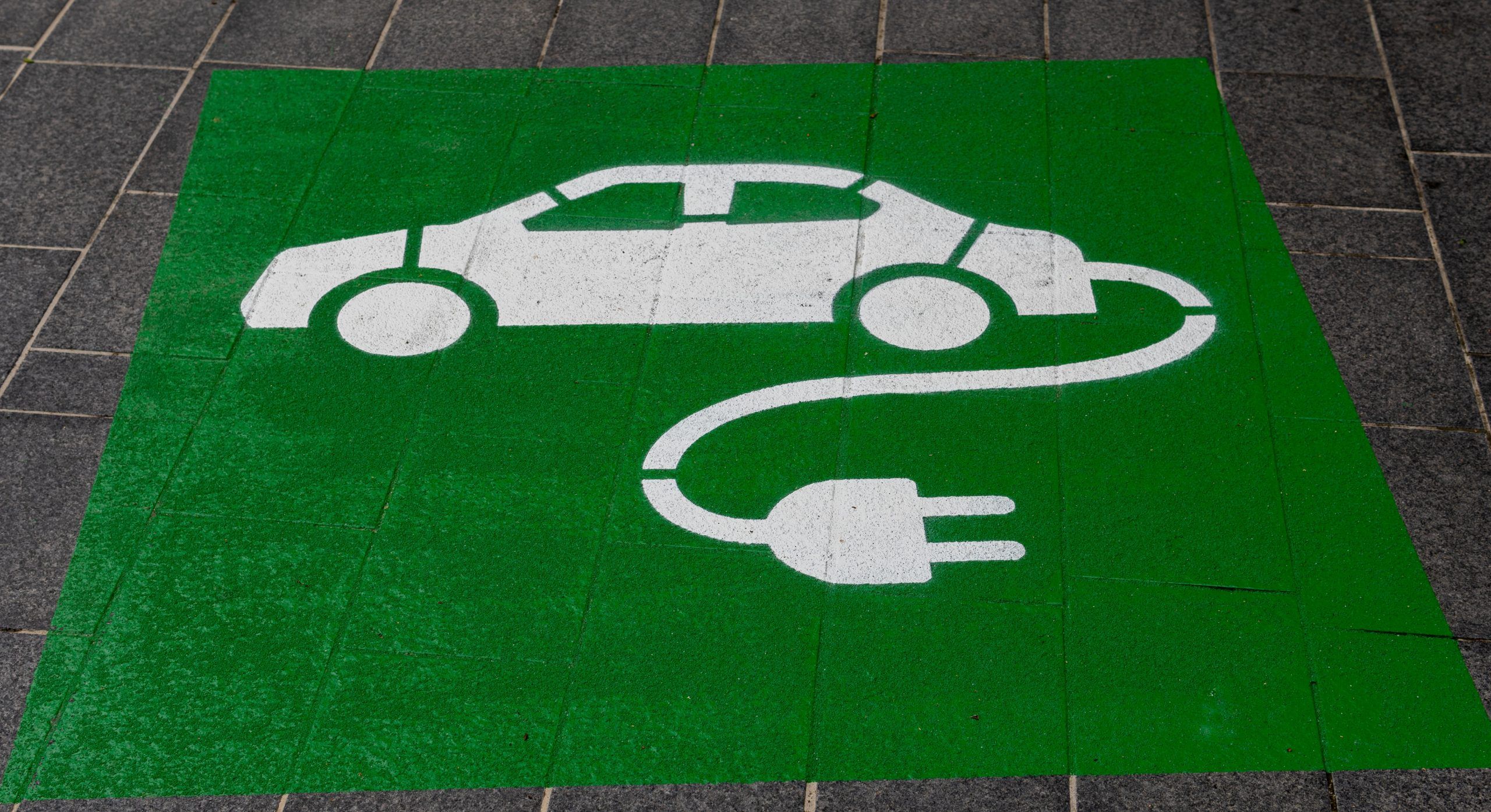Imagine we asked a chatbot what would determine the path of the EU’s future economic development. Its answer would likely be “AI”. Politicians and experts might struggle to come up with a better answer. In 2018, the European Commission adopted a coordinated plan with the member states ‒ reviewed in 2021 ‒ to scale up investment in AI and adapt the legal framework. The aim was to set the EU on a path to becoming a global leader in AI in the face of fierce competition, especially from the United States and China. The ECA auditors assessed whether the Commission has followed through with these plans, and analysed its role in contributing to the development of a European AI ecosystem. In other words, are the EU’s efforts enough not to miss the boat in this major technological revolution?
Artificial intelligence is a technology that promises to transform economies, boost growth and address societal challenges, but it also carries inherent safety risks and could potentially disrupt the economy and society. AI encompasses various evolving technologies that develop synergies with other emerging trends (e.g. in robotics, big data and cloud computing, high-performance computing, photonics, and neuroscience). A major development was the creation of machine learning algorithms which could not only learn from large volumes of data by using specialised processors, but also improve their own accuracy over time.
Since AI is a breakthrough technology, efficient investment and proper regulation will be key factors in determining the speed of economic growth in the years to come. The global AI market is projected to grow by 15.8 % annually over the 2024-2030 period ‒ to €680 billion in 2030. Several countries worldwide have set themselves the strategic objective of becoming leaders in the development and deployment of AI. The US has long been a front runner in the AI race, with Silicon Valley being a global hub for AI innovation. China has also drawn up a development plan to invest public funds in AI and become the global leader in the field by 2030.

Según el Tribunal de Cuentas Europeo, Europa puede perder la carrera por las baterías |
In the EU, member states have primary responsibility for promoting AI innovation and uptake. The EU plays a role in fostering digital consumer trust by harmonising national rules on digital aspects such as AI regulation and data sharing. In addition, the Commission has aimed to support the AI ecosystem financially, mainly through the EU’s research and digital programmes. Through its 2018 coordinated plan on the development and use of artificial intelligence made in Europe, the Commission designed the EU’s path to becoming a global leader in AI. This plan was reviewed in 2021. The main goal was to develop an AI ecosystem of trust and excellence in the EU. The EU’s targets for private and public investment in AI were €20 billion in total over the 2018-2020 period and €20 billion each year over the following decade. The Commission committed to increasing EU-funded investment in AI research and innovation (R&I) to €1.5 billion in 2018-2020 and €1 billion per year in 2021-2027. In terms of national public financing in AI strategies, France and Germany announced the largest national investments.
To assess the effectiveness of the Commission’s contribution to the development of the EU’s AI ecosystem, the ECA auditors (not bots!) examined the Commission’s actions to coordinate the 2018 and 2021 EU AI plans. They also assessed the implementation of EU-funded AI R&I and measures to promote the deployment and scaling-up of AI innovations. Their main questions were whether the EU’s efforts have stimulated investment in AI, whether the EU has invested enough and on a par with other global leaders into this revolutionary technology, and whether EU-funded measures for deploying and scaling up AI innovations have been effective.
The audit will offer an insight into the performance of the EU AI plans, which could be instrumental in future revisions or in debates about other EU-wide measures supporting AI. The report will be published on our website at 00:01 on 29 May
More information: European Court of Auditors







Leave a Reply